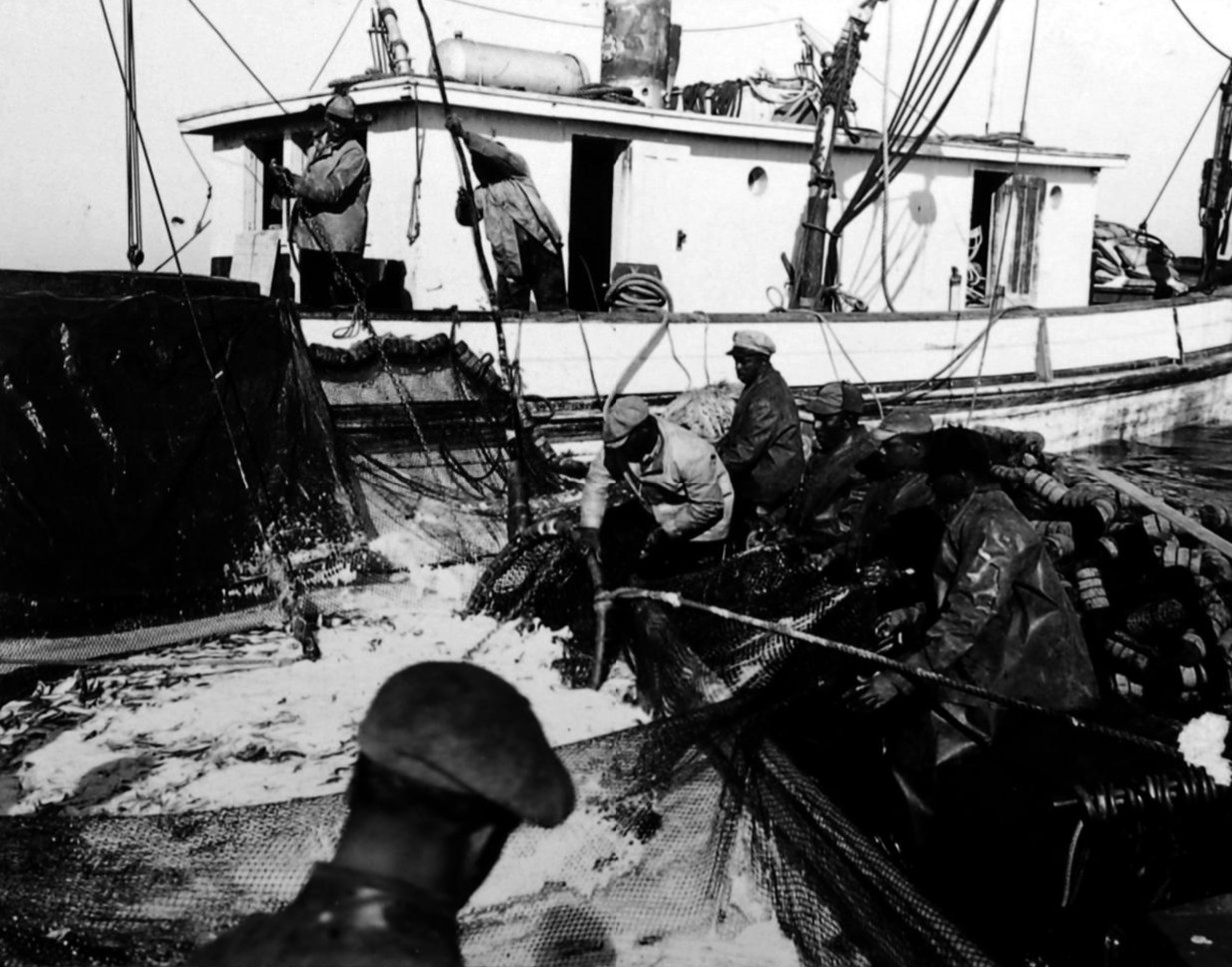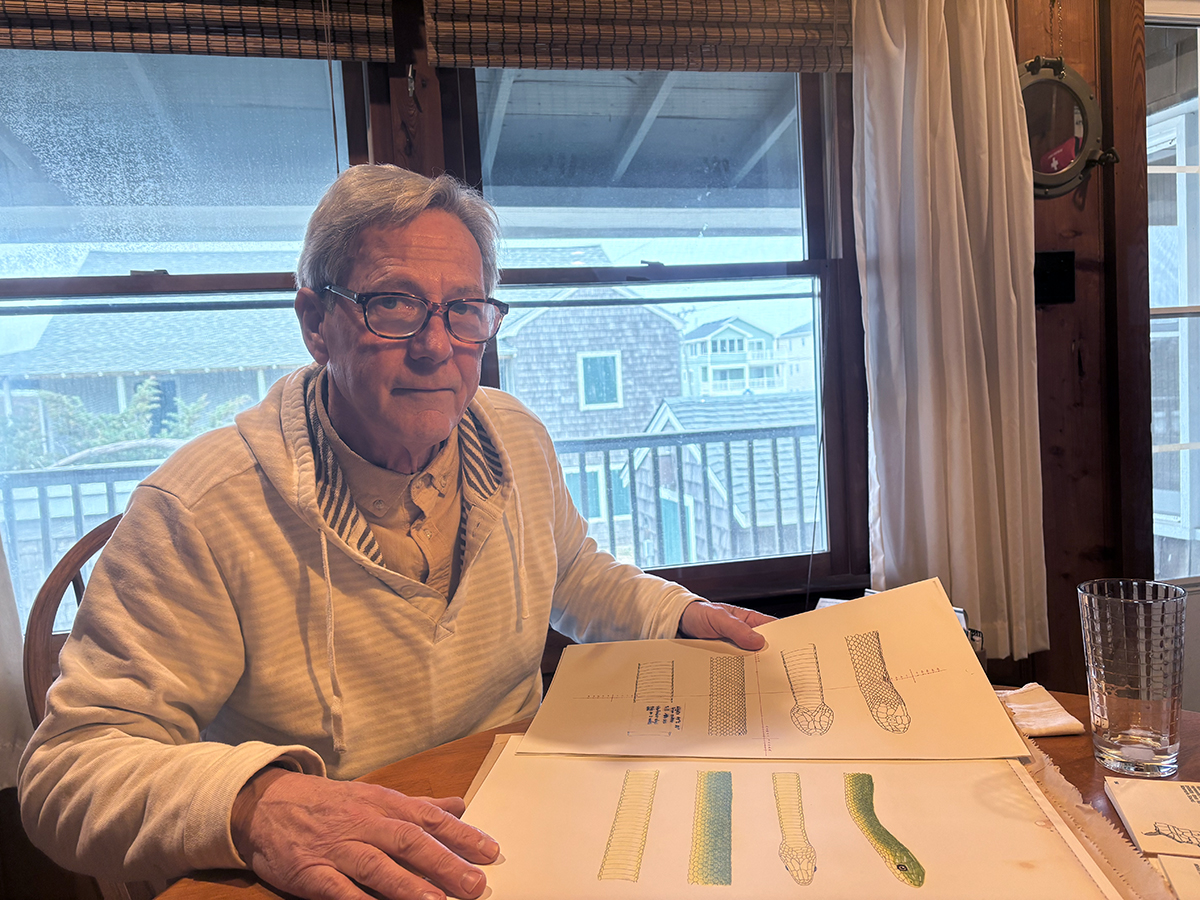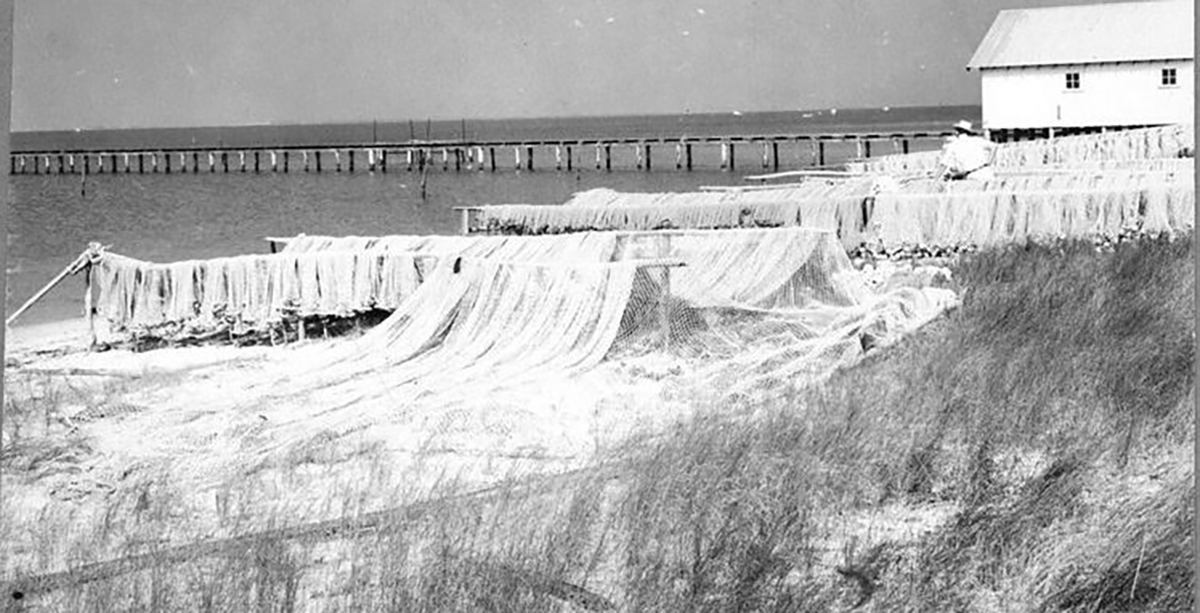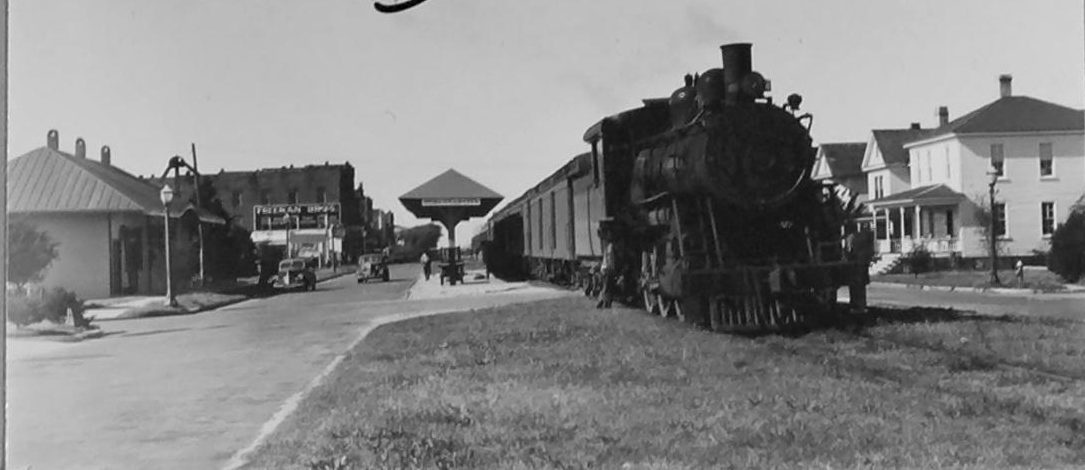WILMINGTON–“She reminds me of Mrs. Frizzle from the Magic School Bus,” says Paige Taylor, a student of Mrs. Cecelski’s Marine Science Academy at E.H. Ashley High School. Equipped with a license to drive a school bus, Mrs. Cecelski frequently takes her marine science and oceanography students on excursions outside of the classroom. Perhaps like the fictional science teacher Mrs. Frizzle, Mrs. Cecelski teaches her subject through experiential learning activities, engaging even teenagers.
“The more you expose a child to something, the more sense of love, sense of ownership, the more sense of connectedness they have with it,” Sandie Cecelski says. Having her students participate in a beach clean-up is just one of her many field trips.
Supporter Spotlight
Sandie Cecelski won the Pelican Award for exceptional dedication and leadership in coastal environmental education. The federation’s annual Pelican Award recognizes exemplary actions to protect or restore the coastal environment.
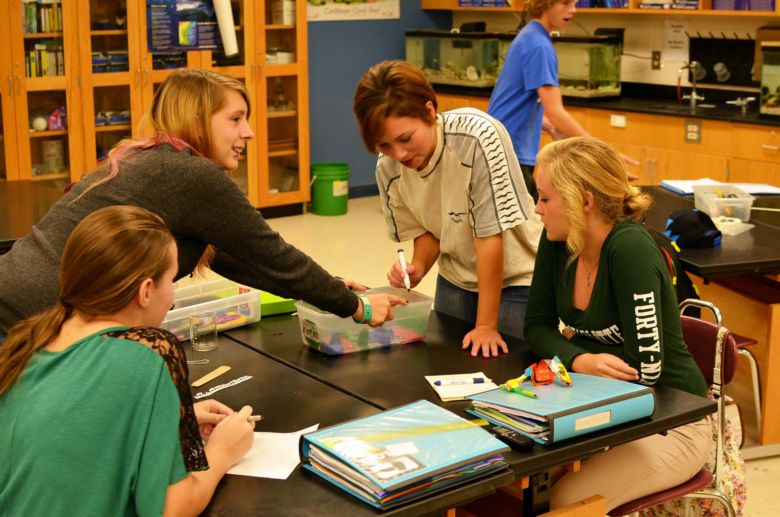 Taylor White, Lexi Riggs and Leah Haseltine work together on their bathymetry mapping activity in Mrs. Cecelski’s Marine Science Academy at E.H. Ashley High School. |
She is a National Board Certified Marine Science Teacher and holds a Masters in Marine Science Education. She has been teaching for 27 years in New Hanover County high schools. She even has a waiting list for her classes. What makes Sandie Cecelski an exceptional educator, however, is her earnest devotion to teaching about the ocean.
“I feel that we need to develop the next generation of ocean scientists. We are at such critical tipping points right now with global climate change, ocean acidification—I teach all of that stuff. If we are not fostering that, we are a sinking ship. It doesn’t matter how much calculus they know,” says Cecelski.
Next to the wall with the painted shrimp is the door to Mrs. Cecelski’s classroom. The room is alive with pinfish, blue crab, anchovies, hermit crabs, spadefish, yellow-bellied sliders, and flounder living within 14 aquariums and tanks. There are ocean maps and marine life posters, a giant marlin and foam shark mounted to the blue walls, and papier-mâché starfish and sea turtles among the many sea-themed knick-knacks lining the tops of her bookshelves.
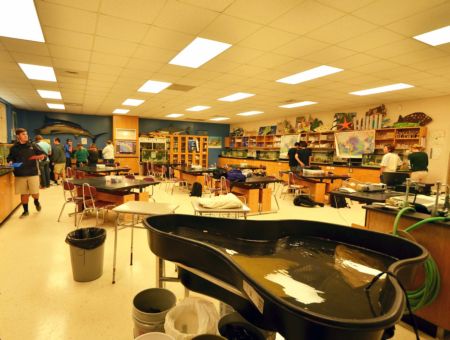 Mrs. Cecelski’s class is designed with hands-on science in mind. Mrs. Cecelski’s class is designed with hands-on science in mind. |
“I’m a hands-on person,” says Cecelski. “I love to read, but if I have to learn a new program I’m much better if I can manipulate it or be shown how to do it.” Applying her preferred style of learning, she is able to break through to her teenage students with hands-on learning activities.
Supporter Spotlight
As student Gray Wilson will tell: “You get to learn more. It’s more interesting and easier to stay engaged.”
Class begins with student groups feeding their respective aquatic species, which the students have brought in or collected during a field trip. After recapping what they’ve learned in their previous lesson, students begin the day’s activity—whether it’s working with play dough to replicate the ocean floor in their bathymetric mapping activity; or using M&Ms and layers of blue plastic to learn the physics of electromagnetic radiation, absorption and the scattering effect in relation to light transmission in deep sea waters.
Cecelski also links classroom learning with service learning, often working with various local environmental organizations and learning institutions. She partners with the federation to engage students in oyster and salt marsh habitat restoration and water quality protection projects.
Together with Ted Wilgis, the federation’s southeast coastal education coordinator, Cecelski developed and launched Students Restoring Community Creeks, a stormwater education pilot program for students in the 9th grade. Students learn about stormwater runoff pollution and best management practices in the classroom and then hands-on at Anne McCrary park. After creating footprints of their homes and deciding as a class which gutters had priority, the students traveled to eight houses to reroute downspouts from draining onto pavement.
This year also marks the launch of Mrs. Cecelski’s Marine Science Academy pilot program. Prompted by the superintendent’s challenge to develop an academy program exemplary of their location and encouraged by her principal, Cecelski designed a college-level Marine Science Academy for E.H. Ashley’s high school seniors.
“I transferred here from a different school just for this academy my senior year,” says Griffin Bryn, one of Mrs. Cecelski’s academy students who aspires to major in mineralogy and ocean science.
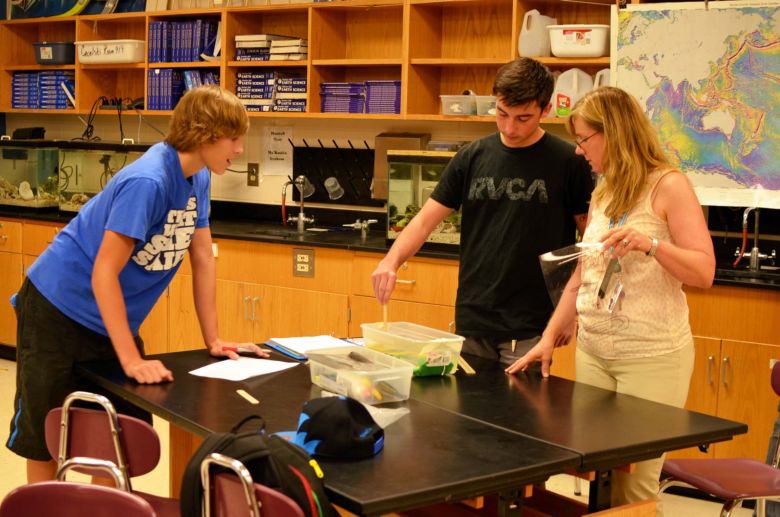 Mrs. Cecelski helps students in her Marine Science Academy with a hands-on mapping activity. Mrs. Cecelski helps students in her Marine Science Academy with a hands-on mapping activity. |
The academy began a week before school started with a summer enrichment program. “We were at UNCW for five days. We were out on the Research Vessel Cape Fear in the ocean doing bathymetry, biological sampling, water chemistry analysis; learning to use technology in the water with remotely operated vehicles. We went kayaking to Masonboro,” says Cecelski.
Completion of the year-long course will grant students a memo of waiver from introduction to marine science and oceanography classes from UNCW, where many of the students want to go to university. These students are on a field trip every other week. Internships are also a part of the curriculum, embedding the students in different marine science career opportunities.
“You can tell she really cares for our benefit. She’s not just any other teacher. She doesn’t do it to get paid—this is what she loves to do,” Paige Taylor says. “She cares about our careers.”
“I’m extremely passionate about the ocean,” Cecelski says. “I grew up in the mountains, but I think I’ve always had saltwater in my blood.”



